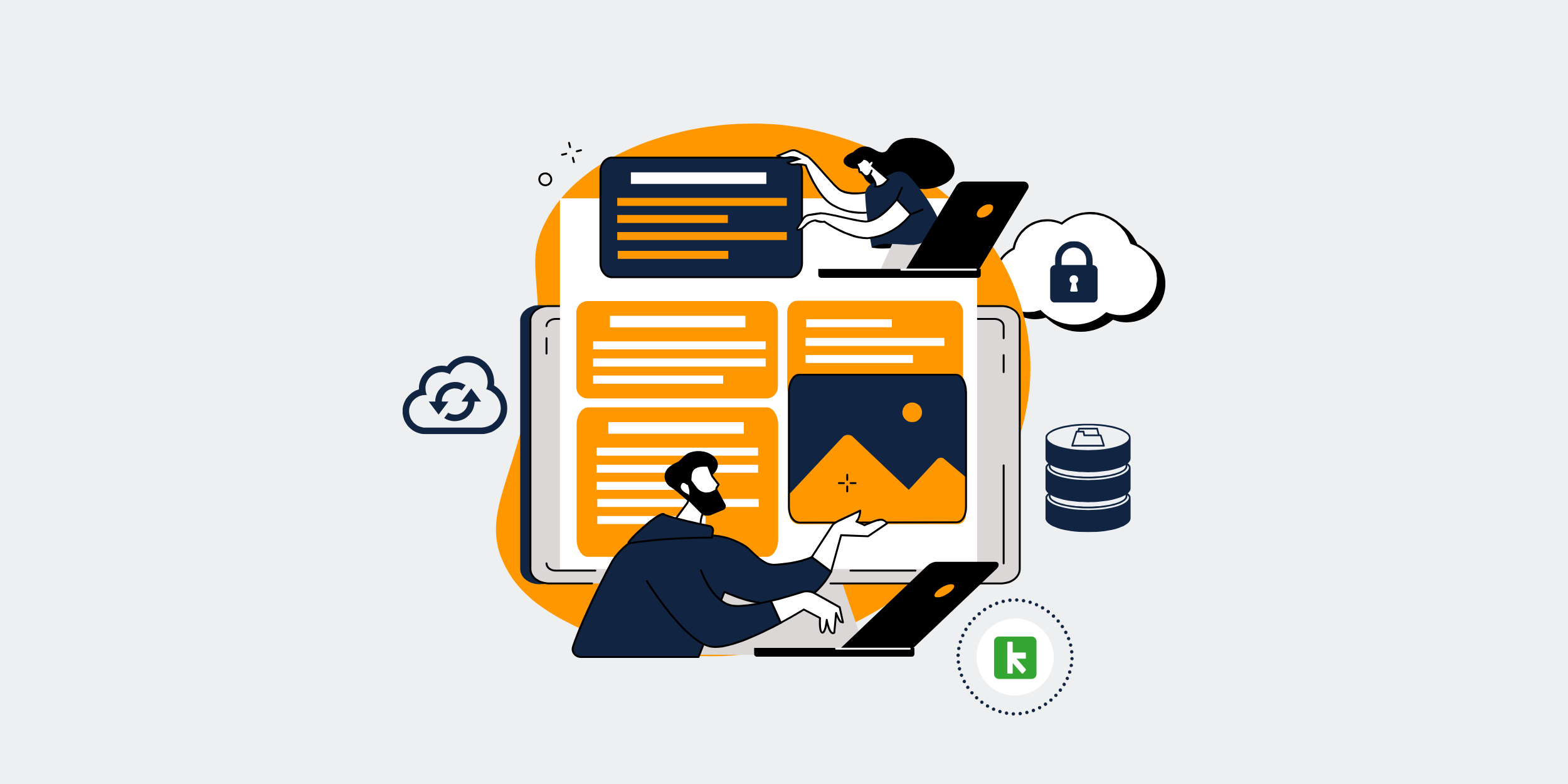Effective Strategies for Securing Your Keap CRM Data

| Outline |
|---|
|
| Article |
|---|
The Simple Way to Secure Your Keap CRM DataOur reliance on CRM systems like Keap is ever-increasing, primarily because of the way they simplify business management and customer relationship building. But what is just as crucial as the tool itself? That’s right—keeping your data secure! Understanding Keap CRMKeap, formerly Infusionsoft, is a cloud-based customer relationship management platform used by small to medium businesses. It’s that digital filing cabinet where every interaction with a client is recorded. You wouldn’t leave your physical files unlocked, would you? Why Data Security MattersData breaches are not just about loss of information—they’re about loss of trust. You lose credibility, and rebuilding reputation is as hard as catching lightning in a bottle. Common CRM Data ThreatsBefore getting to the solutions, understanding common threats like phishing, unauthorized access, and malware can help preempt security issues. Think of these threats as the pests you need to ward off from your well-maintained garden—your data. Conducting a Security AuditA comprehensive security audit is your first step towards securing your Keap data. It’s like having your annual physical check-up—it might seem tedious, but doing so can reveal weaknesses you can proactively address. Securing User AccessOnly those who need to access particular data should have permission. It’s like lending your car—do it sparingly unless you want trouble down the road. Implement role-based access to ensure data is in the right hands. Data Encryption BasicsEncryption is akin to converting your diary into a secret code. Only those with the key can understand your secrets. With Keap, ensuring your data is encrypted during transfer and at rest is a solid measure. Backup StrategiesBackups are your safety net. Getting into the habit of regular backups reduces the risk of data loss. It’s your own form of insurance should things go south. Utilizing Two-Factor Authentication2FA is like adding a deadbolt to your already secure front door. It ramps up security, making unauthorized access much more difficult. Encourage all users to enable this feature—it’s a game-changer. The Role of Software UpdatesUpdates aren’t just about new features—they’re about fixing vulnerabilities too. Treat them as valuable as planting new seeds for better productivity. Training Your TeamWhat’s the use of having robust security measures if your team isn’t aware? Conduct regular training sessions; make it interesting—nobody said learning about security can’t be fun! Monitoring and Alert SystemsThink of monitoring systems as CCTV for your digital assets. They’ll alert you to suspicious activities, keeping you a step ahead of potential security breaches. Evaluating Third-Party IntegrationsEvery app you integrate with Keap is another doorway to your data. Ensure these apps are credible and pass your security checks before trusting them with entry. Legal and Compliance ConsiderationsStay informed about data protection laws and ensure compliance. Think of legal compliance as the unbendable rules of the game—a necessary part of playing successfully. ConclusionSecuring your Keap CRM Data doesn’t have to be cumbersome or overly technical. By taking proactive, straightforward steps, you transform from a mere data keeper to a digital fortress guardian. Stay informed, keep your defenses robust, and your data will remain safe and sound, much like a treasure under lock and key. FAQs1. Why is encrypting data essential?Encryption transforms your data into a coded format, making it unreadable to unauthorized users. This step ensures that even if data is intercepted, it remains protected. 2. How frequently should I back up my data?Consider backing up your data daily. Frequent backups minimize the risk of losing valuable information and ensure a swift recovery if a breach occurs. 3. What is the significance of two-factor authentication?Two-factor authentication adds an extra layer of security. It requires a second form of identification beyond just a password, making unauthorized access harder. 4. Are regular software updates critical?Absolutely! Software updates often include patches for security vulnerabilities discovered since the last version, so keeping your system updated minimizes potential threats. 5. Can third-party integrations pose security risks?Yes, they can. Always vet third-party applications before integration. Ensuring they’re secure helps prevent introducing vulnerabilities into your system. |
Get started with CRM-Backup today! Choose your plan now.
